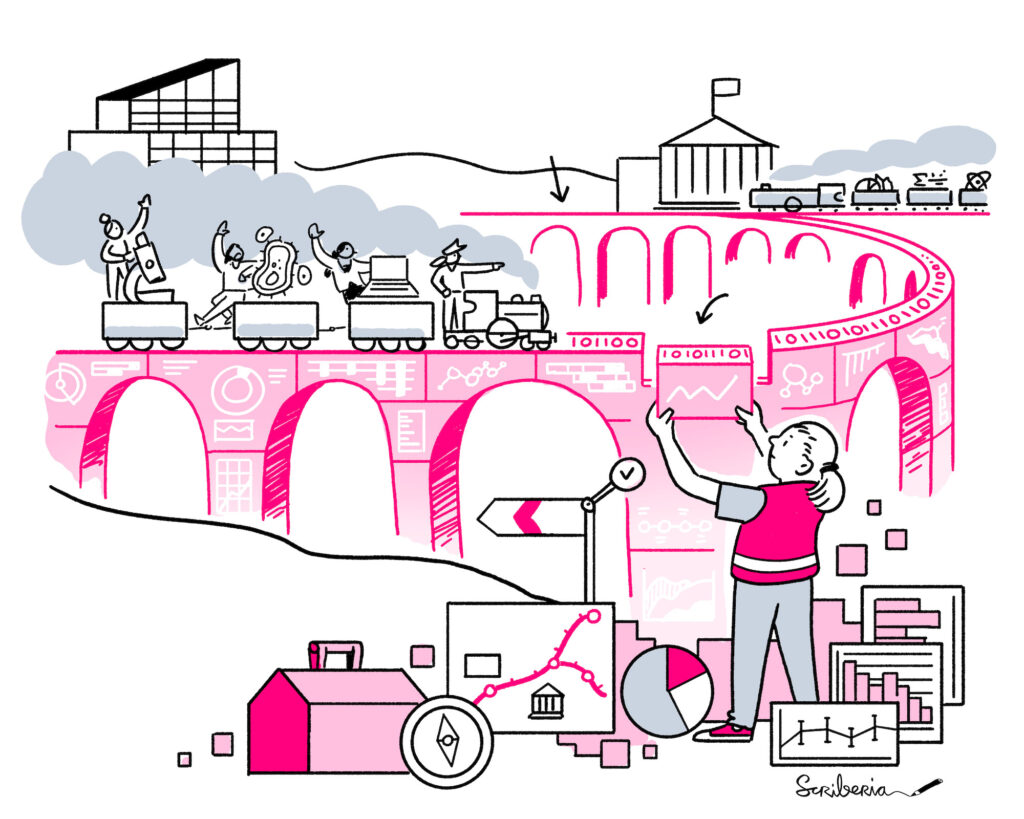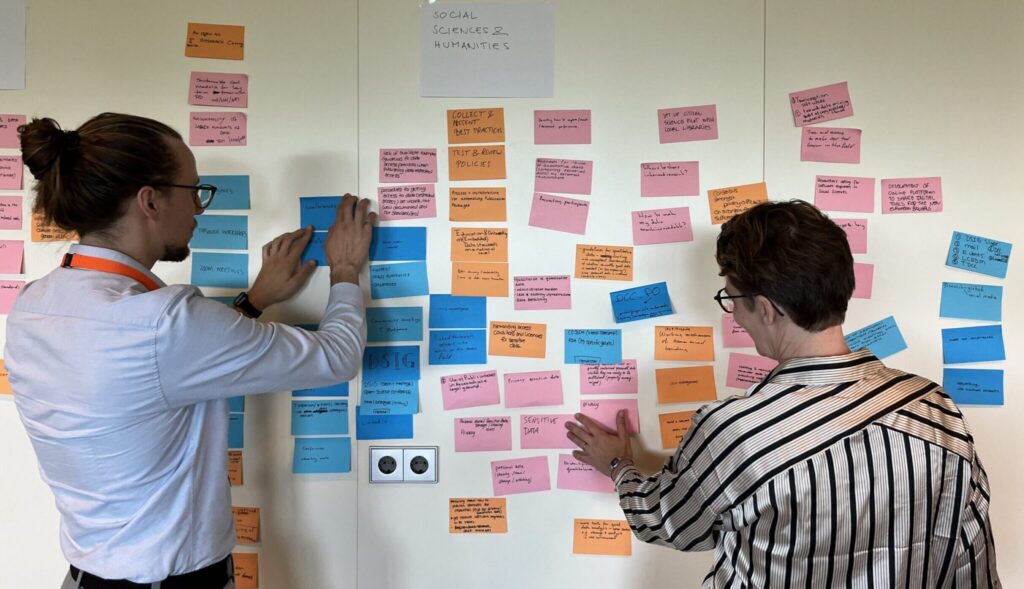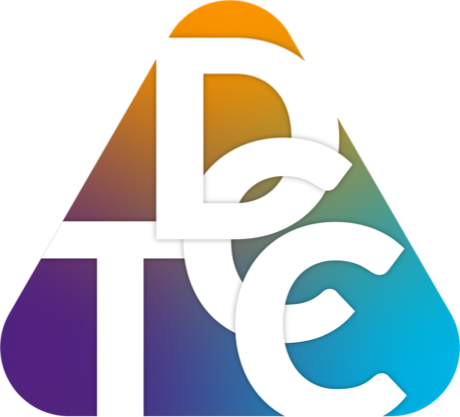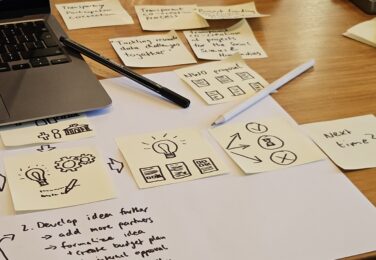A TDCC SSH Governance Primer

The TDCC SSH journey began in March 2023 with a clear roadmap and some essential wayfinding tools. From there we, the Leadership Team, surveyed the FAIR landscape, initiated the construction of the programme infrastructure, and extended invitations for others to join us in shaping the work ahead.
By Autumn, we had developed our governance framework, which positions the TDCC SSH programme in terms of funders and stakeholders. Highlighting who has decision making power, strategic oversight, operational input and day to day responsibility.
Establishing a representative network of individuals and communities is vital to everything we do. Together we'll develop committees which will serve as platforms for brainstorming, planning, and executing initiatives that will drive the programme forward. With the first committees launching in early 2024.
Our Executive Board makes up the programme consortium and ensures that what we’re creating is structurally sound. While the members of the Advisory Board act as our strategic navigators in the SSH domain. Have a look at the Governance page for the full who's who.
The first Advisors meeting took place in late November 2023. The discussion points and questions that ensued will shape our focus as we start into 2024. Below is a summary of the key take aways, grouped by topic.
Build Alliances
To build alliances in the sector, we need to be clear about who our key stakeholders are - Research support staff? Researchers? Should there be more focus on motivating and engaging researchers directly? In any case, it’s important to engage scholars early in their careers with FAIR practices and principles. All the while taking into consideration that SSH disciplines are developing at different speeds in regards to their readiness for FAIR. We can carve out a niche by supporting good practice, knowledge exchange and training.
Shape the Network
To shape our network we should clearly define what the role of the TDCC is in the wider landscape. How do we relate to similar initiatives? And connect with and promote what is already there? Can we play a role in mapping the landscape? Similarly, SSH infrastructures and providers are perceived as scattered and inefficient. Can we help pull everyone in the same direction?
Invest in the Sector
As we invest in the sector through our project funding, we need to communicate a clear vision for what we want to achieve with our investments. We also need clear messaging on what can be funded and the process involved. Furthermore, for our investments to succeed we must play a role in ensuring there is capacity amongst university departments to run the projects once they are granted.
Influence & Change
The work we do can influence and change the course of discussions around Open Science, FAIR data and software. But in order to do so, we must first implement impact measures within the programme and begin to gather evidence. This relates to the content of the projects we fund, the underlying TDCC structures as well as NWO processes. It’s also important to map out the full trajectory of the programme, i.e should we strive for the TDCC to become obsolete or independent over the next ten years?
We also need to consider the role we play in broader societal issues such as data justice, DEI and decolonisation. As such, there’s a lot that can be learned by looking at discussions and topics internationally and expanding our scope to include these perspectives.

Posted on 2 January 2024



